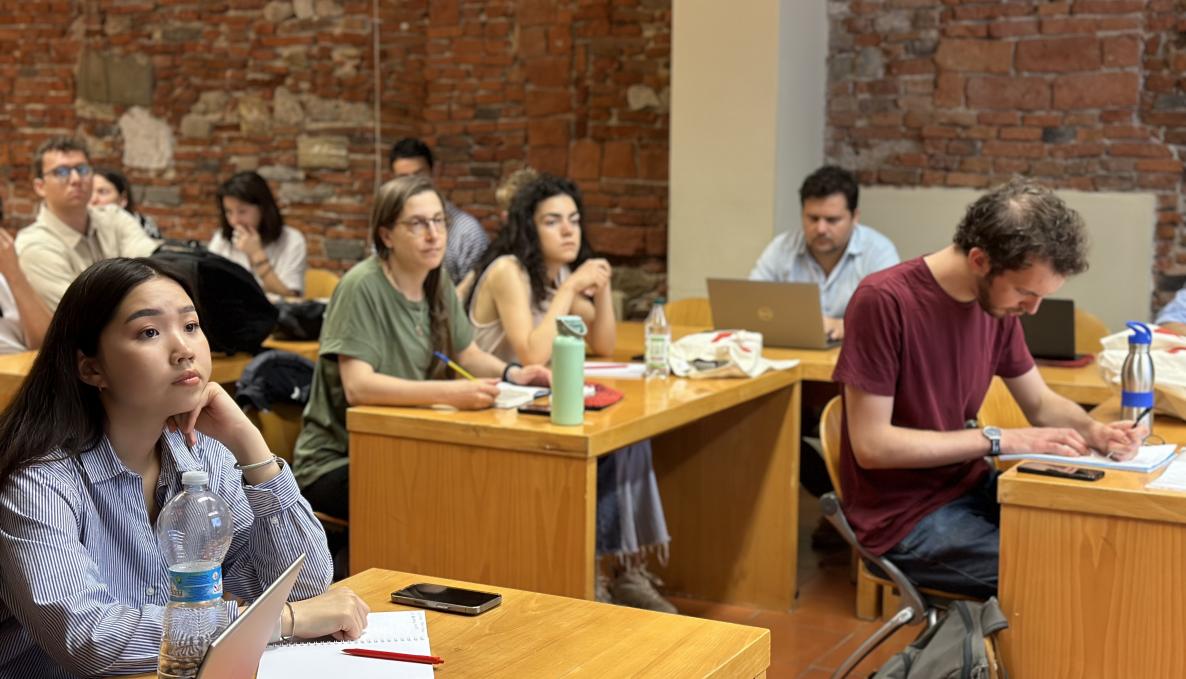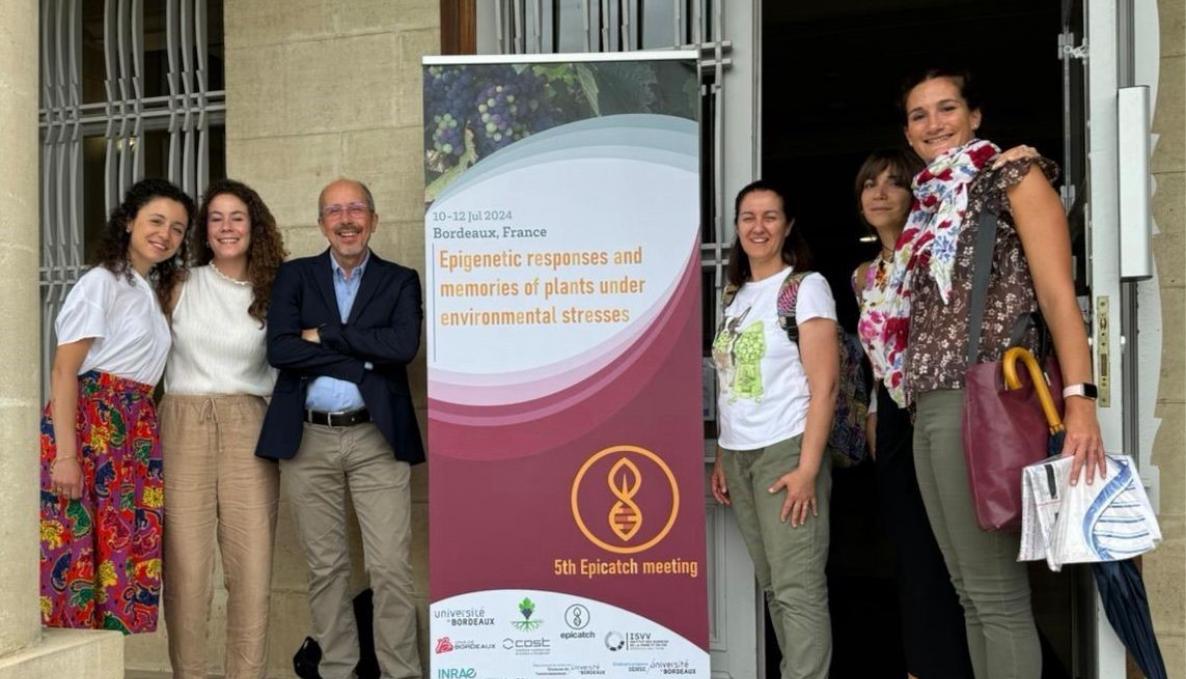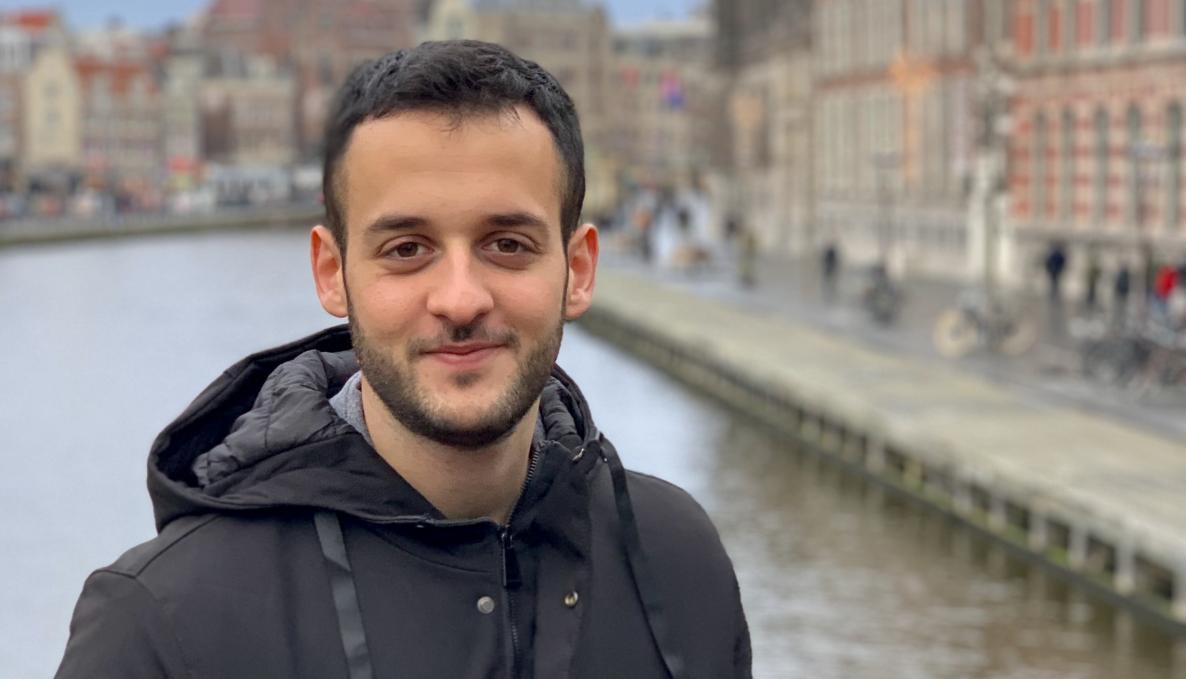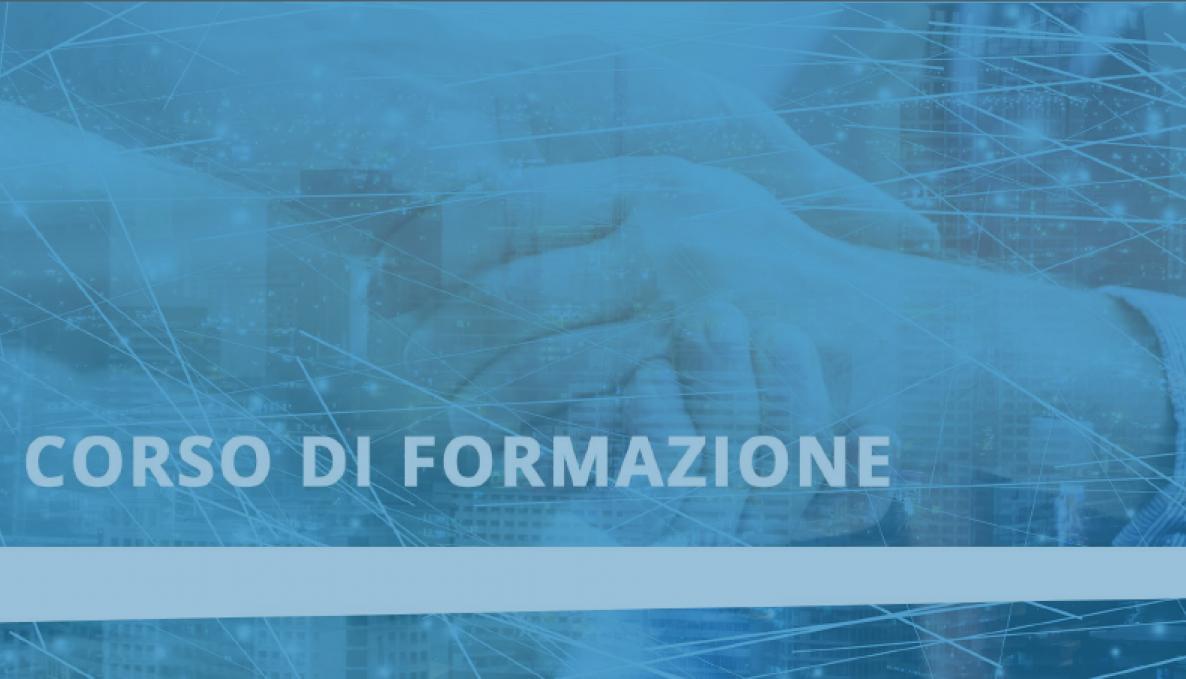Seasonal School, the intensive courses “of excellence”: from sea and space exploration to the management of water resources, the various topics covered by the “intensive courses” in September and October 2024
How to apply, all the reduction in the enrolment fee

The various topics covered by the five Seasonal Schoos that will take place in September and October 2024 include: sea and space exploration, medical simulations, European Union and much more. Applications are already open or will shortly be available on the School’s website, where you can also consult the detailed agenda for each Seasonal School: ESEAS - Exploring sea and space: technologies, opportunities and challenges (on site classes from September 16th to 20th); CROSSROADS - The EU under siege. Politics, Law and Institutional Reform After the 2024 elections (on site classes from September 30th to October 4th); MEDSKILL - Development of MEDical SKILLs by Simulation (on site classes from October 7th to 11th); CESM - Circular Economy and Sustainability Management (on site classes from October 14th to 18th); WAT-CHANGE - Water-related ecosystem services for adapting societies to climate change (on site classes from October 21st to 25th).
A reduction in the enrolment fee is available based on the applicant’s ISEE. A 450€ scholarship provided by Fondazione Talento all’Opera and Fondazione EY will be assigned to the three best performing participants of each course. Students coming from universities or institutions with specific agreements with Sant’Anna School are entitled to reserved places and to a 10% reduction in the enrolment costs. Affiliated Institutions: Università di Catania; Università della Tuscia; Università di Trento; Fondazione Onaosi; Università di Messina; Università di Camerino; Università della Calabria; Conferenza dei Collegi Universitari di Merito; Università di Palermo; Università Della Valle D'Aosta; Libera Università di Bolzano; Università Politecnica delle Marche, Università di Siena; e Università degli Studi di Firenze. Students enrolled in Università di Pisa who do not require accommodation will be granted a 40% discount on the tuition fee.
The Seasonal Schools in September and October 2024
Applications for the Seasonal School ESEAS - Exploring sea and space: technologies, opportunities and challenges will be open until July 28th and classes will take place in presence from September 16th to 20th.
In the last centuries, humanity has fully explored and mapped the emerged fraction of Earth surface; today it has growing interest in exploring and exploiting the submerged fraction of the Earth as well as the nearby space regions, intensively. To this aim, engineers provide new powerful means (robots, underwater and space communication systems, new nano-satellite solutions); the exploration and exploitation of resources also pose problems relating to the biology of living beings. Moreover, a wide range of new issues arise, about the economic implications and legal implications. The School aims to provide a concise overview of the relevant scientific challenges and development prospects in a unitary framework where issues of economic and environmental impact, potential conflicts and regulatory assessments are also addressed.
The Seasonal School will take an holistic approach and will introduce participants to the key technologies in a unitary framework, where the engineering role is viewed together with biological and medical issues, economic aspects and legal problems.
At the end of the Seasonal School, the participants will have a comprehensive overview of the future trends in the challenging topics of space and sea exploration.
Applications for the Seasonal School CROSSROADS - The EU under siege. Politics, Law and Institutional Reform After the 2024 elections will be open until September 1st and classes will take place in presence from September 30th to October 4th.
The CROSSROADS Seasonal School aims to provide participants with the tools to understand how the European Union has changed since the June 2024 elections and the election of a new European Parliament and European Commission. Specifically, it aims to investigate the policy challenges to which the new European institutions will be called upon to respond – will the objectives of the European Green Deal be confirmed? Will the new EU always stand by Ukraine? How will it deal with illiberal democracies? At the same time, it will focus on major institutional changes. What are the new political equilibria in the new European Parliament, and what effects are they likely to produce? How has the new Commission been chosen, and what about developments in the institutional framework? Finally, the Italian case will be investigated. What is the impact of the new EU institutional set-up on the government in Rome?
Applications for the Seasonal School MEDSKILL - Development of MEDical SKILLs by Simulation will be open until September 3rd and classes will take place from October 7th to 11th.
As of today, the need for practical skills and problem-solving capabilities remains largely unmet in many medical school curricula across Europe. Medical school education, in fact, remains largely anchored to a traditional paradigm of learning a discrete amount of information about pathophysiology principles and illnesses’ descriptions, without worrying about developing the skills necessary to work confidently “on the patient”. Digital tools based on macro-and microsimulation, thanks to their flexibility, effectiveness, accuracy and accessibility may give a fundamental contribution in solving this issue, and we want to apply their potential in undergraduate medical students’ education. The MEDSKILL school will allow students to: 1) get in touch with digital tools that facilitate the study of anatomy, physiology, pathophysiology and clinical reasoning; 2) confront virtual patients/mannequins, interpret their artificial symptoms/signs and make decisions, taking into account the appropriateness of the choice, as well as ethical correlates and sustainability; 3) mimic clinical situations to test patient communication skills, simulate the use of diagnostic equipment, team leaders and interventional therapies.
Applications for the Seasonal CESM - Circular Economy and Sustainability Management will be open until September 8th and classes will take place from October 14th to 18th.
The main target of the of the Circular Economy and Sustainability Management (CESM) seasonal school is represented by students from different backgrounds interested in the field of efficient resource management and circular economy. The CESM course explores organizational aspects and innovation facets related to all phases of the product life cycle; moreover, it provides practical overview of how processes, decisions and business models should change in light of the new circular economy paradigm. In more detail, the CESM seasonal school consists of 9 training modules lasting half day each on issues such as: circular economy assessment, circular design, strategy development & business models, communication. Finally, a half-day laboratory is scheduled to apply what students have learned in all previous lessons. Therefore, the learning objectives of CESM encompass: helping participants to acquire a framework of useful skills to seize the opportunities in the economic shift; managing the challenges and transformation processes in a circular logic in order to encourage the practical application of the knowledge gained.
Applications for the Seasonal School WAT-CHANGE - Water-related ecosystem services for adapting societies to climate change will be open until September 8th and classes will take place October 21st to 25th.
While climate change is posing at risk traditional water resources management, there is the urgent need to devise low-energy and low-impact solutions to adapt the environment, societies and economies to this threat. The WAT-CHANGE Seasonal School aims at introducing the participants to the new growing area of solutions provided by water-related ecosystem services. In particular, we will deal with nature-based solutions for water supply, treatment of polluted water, and flood risk mitigation such as managed aquifer recharge, river restoration, constructed wetlands, sustainable drainage systems, and remediation of contaminated sites using phytoremediation techniques. At the end of the course the students will have acquired the knowledge and skills that will allow them to understand impact and functions of the main nature-based solutions for solving the most common water resources management problems and start their design.



